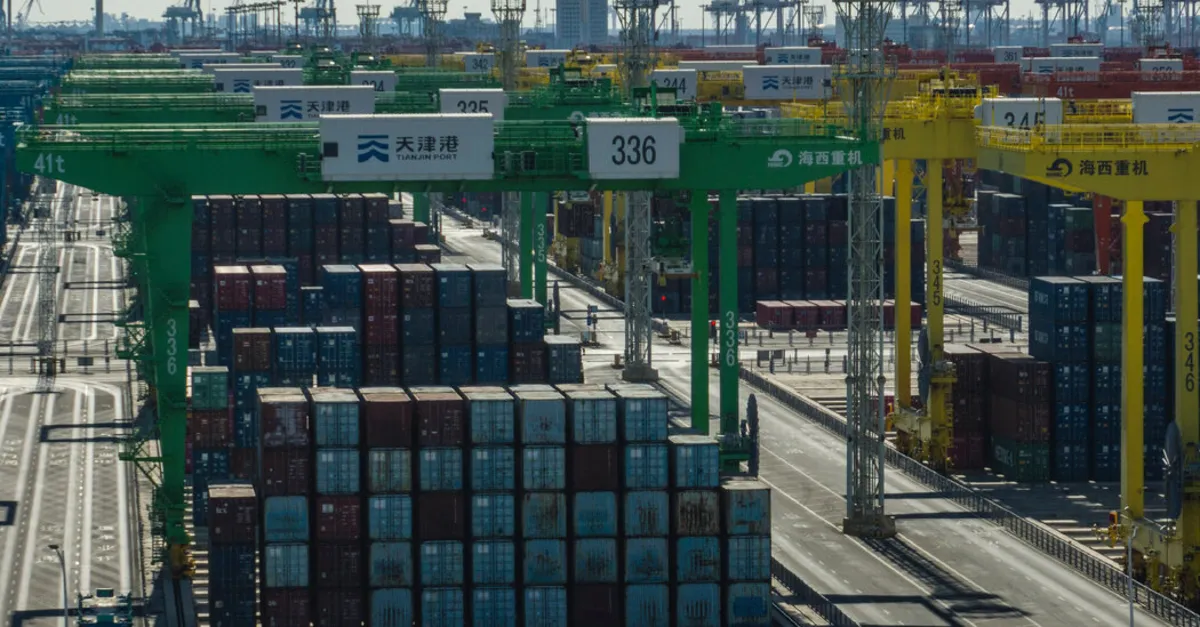
The U.S. stock market experienced a downturn in early trading on Thursday as investors evaluated the potential economic repercussions stemming from ongoing trade negotiations. This decline followed a significant rally the previous day, marking the largest daily gain for the S&P 500 since 2008. As tensions between the United States and China escalated, the market faced renewed uncertainty.
As of April 10, 2025, at 10:21 a.m. ET, stocks in the U.S. slipped after President Trump made an unexpected decision to roll back some of his aggressive global tariffs. However, he maintained a 10 percent tariff on nearly all imports, indicating that the trade dispute remains unresolved. In a surprising move, the European Union announced a 90-day pause on its retaliatory tariffs against U.S. imports, a gesture aimed at fostering dialogue with President Trump. Despite this, the atmosphere of tension between the U.S. and China persisted, particularly with the steep tariffs directed at Beijing still in effect.
The ongoing trade war has raised concerns among economists who warn that the full impact of the tariffs will not be realized for several weeks. Recent data indicated that U.S. inflation eased more than anticipated in March, presenting a temporary relief for consumers. The Consumer Price Index rose by 2.4 percent year-over-year, yet prices fell by 0.1 percent over the month. This data was collected before the implementation of most tariffs, including those imposed on China, which are expected to reignite inflationary pressures in the near future.
The tensions between the U.S. and China escalated further as President Trump increased taxes on Chinese goods to a staggering 125 percent. This was his third increase within just a week, following China's decision to raise tariffs on U.S. imports to 84 percent. Trump expressed that he is awaiting a response from Chinese leader Xi Jinping to potentially broker a deal, while China has indicated a willingness to engage in talks, but not under coercive circumstances. “China wants to make a deal,” Trump stated. “They just don’t know quite how to go about it.”
In light of Trump’s recent tariff rollback, the European Union decided to delay its planned tariffs, a move aimed at providing negotiations a fair opportunity. Ursula von der Leyen, president of the European Commission, indicated that if the talks fail to yield satisfactory results, the EU would be compelled to implement the tariffs. This development reflects the delicate balance the EU seeks to maintain amid the ongoing trade tensions.
Following the trends in U.S. markets, stocks in Asia and Europe saw a notable rally on Thursday. Taiwan and Japan emerged as the biggest winners, each experiencing increases of over 9 percent. This uplift in global markets is indicative of the interconnected nature of international trade and the effects of U.S. economic policies on other economies.
As the situation evolves, investors will be closely monitoring developments in the U.S.-China trade negotiations and their implications for the global economy. The interplay between tariffs, inflation, and stock market performance will continue to shape market dynamics in the coming weeks.